




The foreground painting in the cover is "Figure" by Wifredo Lam; the picture in page 9 is by Marcelo Fuentes. All other images are copyright free under the Unsplash License and they were created and/ or uploaded to Unsplash by the following users:
Cover background: Tim Mossholder, Aaron Burden, Pawel Czerwinski, Paul Blenkhorn
Page 6: Nattu Adnan
Page 10 background: Aaron Burden
Page 12 background: Fabian Bächli
Pages 14 15: Lobostudio Hamburg
Page 16 background: Pawel Czerwinski
Page 18 background: Pawel Czerwinski
Page 19: Gaelle Marcel
Page 20 background: Tim Mossholder
Page 21: Giorgia Finazzi
Page 22 background: Paul Blenkhorn
Pages 24-25: Persnickety Prints
Page 26 background: Matthew Brindle
Marcelo E. Fuentes: Introduction
Dyana Rivera Barreiro: "La mujer que soy es la niña que un día fui"
Diana Concepcion: "Un lugar al que pertenecer"
Francy M. Moser: "Las raíces de mi vida"
Yoandra Vázquez Pérez: "¿Quieres café?"
Adnaloy Fierro: "Estar sin ti es estar sin mí"
Ernestina Vargas: "Ama sua, ama quella, ama llulla"
Emilio Angulo Perkins: "Soy"

During this summer, I had the opportunity to visit Canada for the first time. I went with my partner and her family to the town of Halifax, which uncanningly reminded me of my Chilean hometown, Puerto Montt: a similar little port with a couple of islands in front, great seafood, and lots of foreign (mostly American) tourists arriving in gigantic cruise ships. While walking on Halifax’s seafront, it suddenly hit me: I remembered being a teenager in Puerto Montt, walking on its seafront or “costanera” and looking at the American tourists while meditating about my uncertain future. Would I ever be able to travel abroad, know other countries, speak other languages, as I had always dreamed of? My chances were far from good: my parents had only crossed Chile’s borders during their honeymoon to go to neighboring Argentina. My dad, who had joined the Chilean Navy as a teenager just to escape poverty, had also been to England as a young sailor and had treasured a few pictures from that trip forever. That was it: for a low middle class family in Chile under a dictatorship, the idea of traveling the world was nothing short of an insane dream. I envied those smiling, packed with dollars American tourists so much.
And now, thirty years later, I was here in Canada, as a recently naturalized American citizen, having just walked out of a cruise ship, trying the local fish and admiring the landscape. When I suddenly realized I had become exactly the kind of person I had wanted to be as a teenager, I wondered if my past self would have felt proud or resentful towards my present self. Because, after all, what was the connection between those two people, the one who I am now and the one who preemptively envied (or even hated) me? Could I really think about them as two separate stages of the same person? Or are they just two completely different people, period?
Most of our contributors, as many of our faculty and students at NJCU, have had a similar cleft in their lives and identities. They or their parents were born in another country, they came to the US searching for a better future and sometimes they found it; even when they did, that achievement is often tinged with plenty of lost battles and disappointments, because such is life. Whenever we talk about migration in our classes, there is always a lot of hope and satisfaction with our parents’ and our own achievements, but also many stories of disappointment, encounters with xenophobia and racism, nostalgia for people and landscapes we will rarely or never see again. Other unpredictable and sometimes traumatic circumstances (the death of a parent, a global pandemic, economic difficulties)
only add to the confusing plot of our personal histories. Are we actually the same ones we were three years ago? What about twenty five or fifty years ago, when some of us did not exist and others were just little kids? Who are we, really: these or those?
The contributors to this issue wonder about these and other questions regarding the connection between their identities and personal (hi)stories. In our bodies, thirty trillion cells get replaced every two or three months, enough to create an entirely new person. Certainly, therefore, it is not our material sheath what provides the connective tissue of our identities. What about our ideas, experiences, feelings? After how many trillions of them we start becoming a different human being?
Our first contributor, Dyana Rivera Barreiro, has a distinct answer for some of these questions. In her poem, “La mujer que soy es la niña que un día fui," she imagines an encounter with herself as a child and she discovers that both versions of the same person have something to offer and learn from each other. Diana Concepcion’s text "Un lugar al que pertenecer,” addresses another kind of conflict: the one caused between the mixed descent of the speaker and the expectations of other people for an unambiguous identity, until she learns to take pride and refuge in her full, magnificent multiculturality. Similarly, "Las raíces de mi vida" by Francy M. Moser talks about the dignity and beauty of a mixed race, multicultural Latin American identity: because the speaker’s personal history is also the history of an entire community, she realizes that both her roots and her future are inseparable from those of so many other people like her.
The next three contributors are also concerned about their identities, but they see them as much more closely intertwined with those of their loved ones. "¿Quieres café?" by Yoandra Vázquez Pérez, for example, describes the impact of the covid pandemic on a loving family routine characterized by the simple gestures of sharing a cup of coffee, a kiss, and casual conversations between the narrator and her father. In "Estar sin ti es estar sin mí," Adnaloy Fierro connects the bittersweet experience of migration with both the affection and the longing for her grandmother, while affirming that we always carry our loved ones with us wherever we go. In a similar way, the narrator of "Ama sua, ama quella, ama llulla" by Ernestina Vargas sees her entire life, identity, and values influenced by the moral principles and wise advice of her grandmother: just a few words in a different language can carry, despite their strangeness, an entire world of integrity and wisdom across generations.
Finally, the poem "Soy" by Emilio Angulo Perkins goes back to the fundamental topics and questions of this volume: Is it possible to define who we are? Should we just settle for establishing who, or what, we are not?The speaker’s final answer is as clear and revealing as any of the previous contributions: “Somos / otredad que hermana” (“We are / an otherness that unites”), he concludes.
In January of this year, Zen master Thích Nhất Hạnh died in his homeland, Vietnam. He used to say that we should never talk about being, but only about interbeing , because nothing exists by itself, but only in a deep, intrinsic connection with everything and everybody else. He used to teach that a cloud never dies because, when a cloud seemingly disappears, it actually becomes rain or hail or snow or ice, and then ends up being river or tea before going back to the seas and skies. We are not different from clouds: we only exist in relation to others and we never completely disappear, but travel around the universe in different forms. Once we were elements in a star, now we are people over this earth, tomorrow we may be dirt and clouds. Who knows? The important thing is that our stories never end and we don’t, either. We exist, we love, and we persist in the existence of our love for others.
 Marcelo E. Fuentes Editor of VocesLatinas
Marcelo E. Fuentes Editor of VocesLatinas

is of Colombian descent. She was born in New Jersey and raised in Puerto Rico, before coming back to New Jersey to build her adult life. A transfer student from the Interamerican University of Puerto Rico, Dyana is currently majoring in Spanish and minoring in General Business. Also, she plans to get a master's degree in Education Administration.
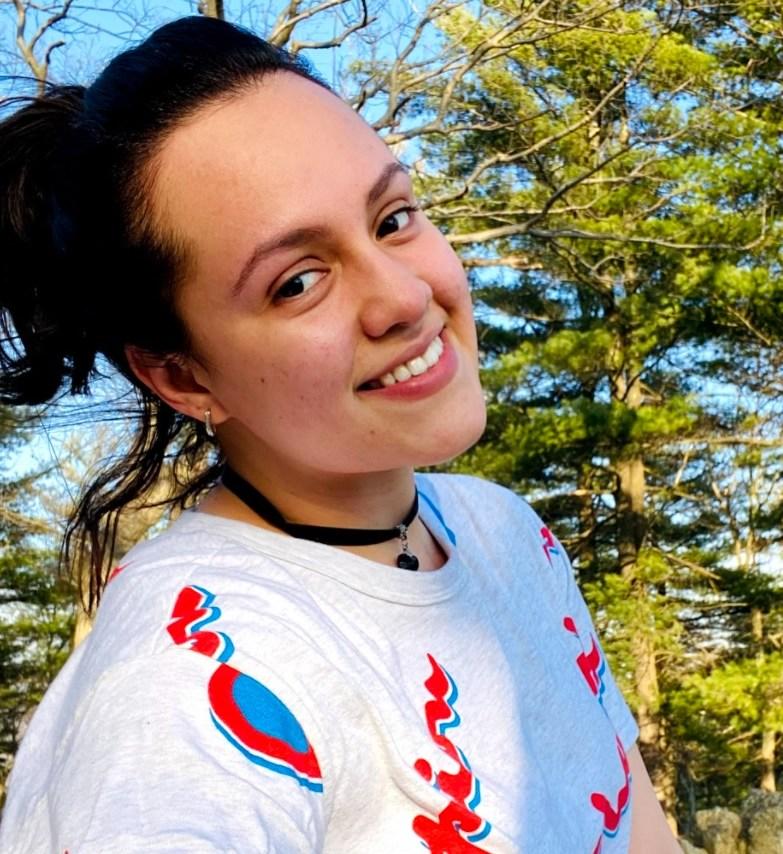
Si hoy me encontrara con esa niña que un día fui, le daría un abrazo y le diría que, aunque duela, aún no es el fin. Le diría que lo que parece ser tan importante, un día no lo será. Y luego, le pediría perdón. Perdón por no creer en ella. Perdón, porque la olvidé durante todo este tiempo.
Si hoy me encontrara con esa niña fuerte que fui, le mostraría un espejo y a la vez describiría lo mucho que me gusta cada cicatriz. Las marcas son, después de todo, un recordatorio. Entonces, le diría lo mucho que creció después de cada herida.
Sería una cosa interesante, ¿sabes?, encontrarme con la niña que fui. Porque la invitaría a caminar. Y, en el camino, le regalaría toda la autoestima que hoy día tengo. Porque sé que le hace falta. Y cuando ella me pregunte la razón de mi obsequio, le diría: “Ésta es tu mejor armadura, no te escondas más.”
Era una cosa interesante, ¿sabes?
Cuando era niña me imaginaba un encuentro con la mujer que sería en el futuro. Siempre me quise decir: “Claro que no es el fin, has llegado lejos. Y estoy orgullosa de ti. Eso que te ha marcado te ha hecho más fuerte.”
Me imaginaba obsequiándole un espejo a la mujer que un día sería. Aún lo tengo, y en este espejo solo se ve la imagen de ella. No importa cuantas veces me mire, la sigo viendo a ella.
Diana Concepcion is a junior majoring in Political Science and Spanish. She also has a minor in East Asian Studies and Global Studies at New Jersey City University. When our Center for Latin American, Caribbean, and Latinx Studies organized a poetry slam in the Fall of 2021, Diana participated in it with this poem, which is dedicated to her father.
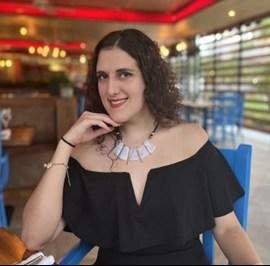

Desde pequeña, siempre odié la pregunta “¿De dónde eres?” porque nunca supe cómo responderla.
Cuando decía: “Soy rusa,” la gente se quedaba boquiabierta de sorpresa. Cuando dije que era cubana, respondieron con “Pero no pareces cubana” o “Tienes un acento raro.”
Para evitar sentirme incómoda, me convertí en una chica de Jersey o en una americana.
Porque la vida es más fácil así...
Cuando tienes una sola nacionalidad, cuando no tienes que demostrar tu valor a esos extraños en las calles, cuando no tienes que vivir como un marginado, cuando no tienes que sentirte tan aislado en este mundo.
Porque ser medio ruso y cubano es tan raro y extraño, porque a nadie le importa de verdad. Así que me gustaría hacerme una americana por algunos años...
Pero un día me sentí avergonzada de mí misma.
Sentía que al pretender ser otra persona me olvidé de quién era “yo.”
Sé que mi papá estaría tan decepcionado de verme mentir así...
Porque, para él, yo era la única estrella tan brillante y maravillosa en su vida. Porque, para él, yo era la combinación de sus mejores y peores cualidades. Porque yo fui su orgullo y alegría hasta el final...
Y, para mantener viva su memoria, decidí aprovechar siempre mis diferencias.
Por primera vez, quería destacar en lugar de encajar.
Bailaba bachata, merengue y salsa en todas las fiestas cubanas, pero comí borsch y pelmeni de mi mamá para cenar.
Hablaba ruso y español en público y mencioné mis habilidades en cada currículum que tenía.
Siempre corregía a las personas que asumían que era portuguesa, albanesa, puertorriqueña o egipcia.

Incluso compartiría mis luchas multinacionales en todas mis cartas y ensayos universitarios.
Y cada vez que lo hacía, me sentía orgullosa y más completa que nunca. Porque no importa de dónde venga, siempre debería recordar mi valor como humana.
Porque es la única forma de encontrar un lugar al que realmente pertenezco, un lugar donde mi singularidad es mi fuerza, un lugar al que puedo llamar mi casa, moy dom, my home.

Francy M. Moser was born in the city of Atlixco in Puebla, Mexico. She is the daughter of immigrant parents and, after almost twenty years, she decided to resume her studies. Francy is now an educator and spokesperson for her Mexican culture, always urging new generations to continue preserving their traditions as an intrinsic part of their history.

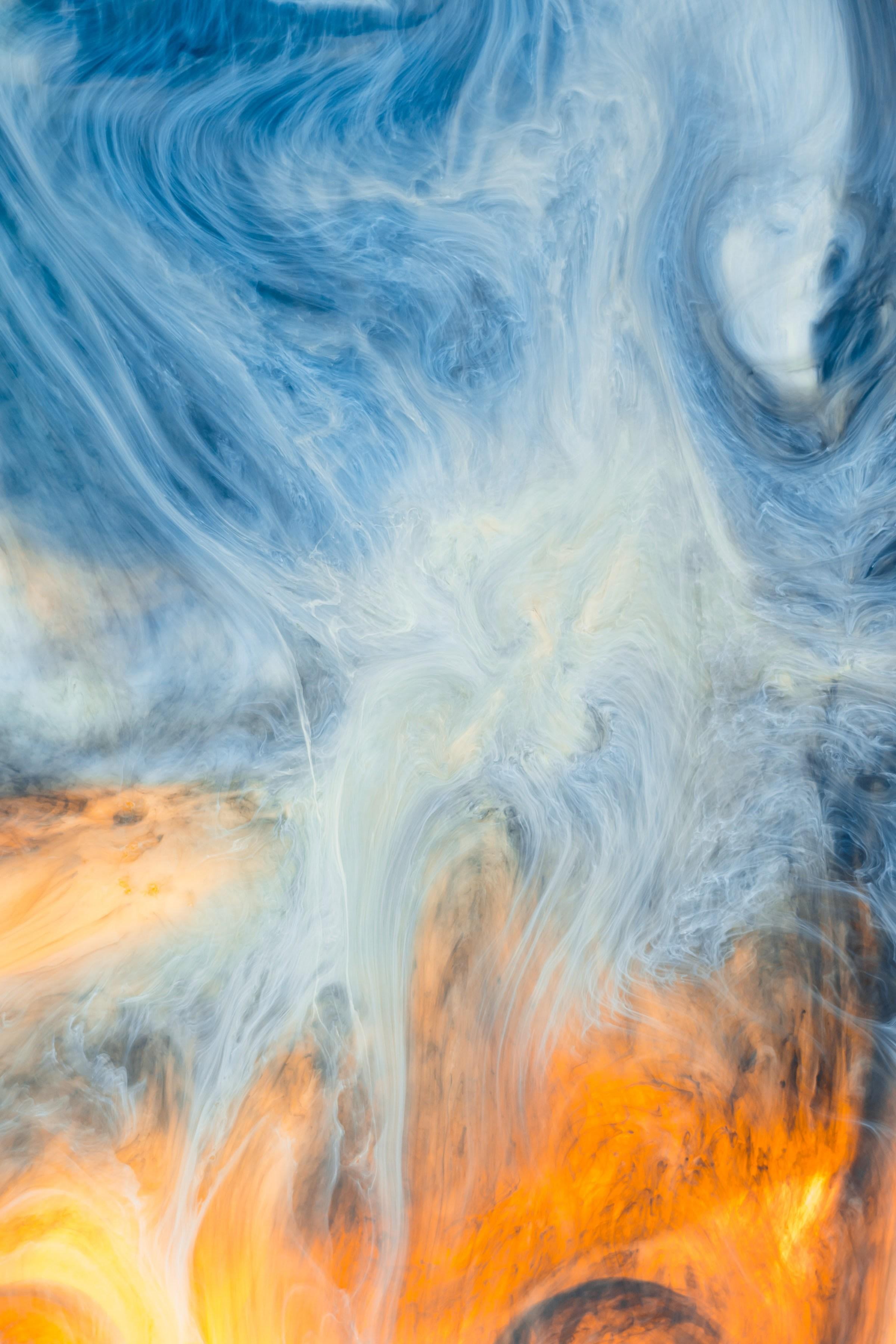
Mis raíces son muy profundas
Y frutos al mundo he dado, Mezcla de dos mundos
Del amor son legado.
¡Norte, sur, este y oeste!
Ya el viento me susurra al oído,
La lluvia purifica mi alma, Los astros alumbran mi camino.
Mi pecho irradia la fuerza, El sol acaricia mi alma.
Al universo le doy gracias: Aunque caí muchas veces,
Volví a renacer llegada el alba.
Mi historia es la historia
De mi gente, Que nunca muere, Que siempre existe,
¡Que mis raíces se extiendan!
¡Que mi cultura no muera!
¡Que mis semillas germinen!
¡Benditas! ¡Benditas, mil veces sean!
Yoandra Vázquez Pérez is from Santa Clara, Cuba. She has a degree in Law from the Central University "Marta Abreu" of Las Villas. Yoandra is currently a senior at New Jersey City University, where she will graduate with a Spanish bachelor’s degree.
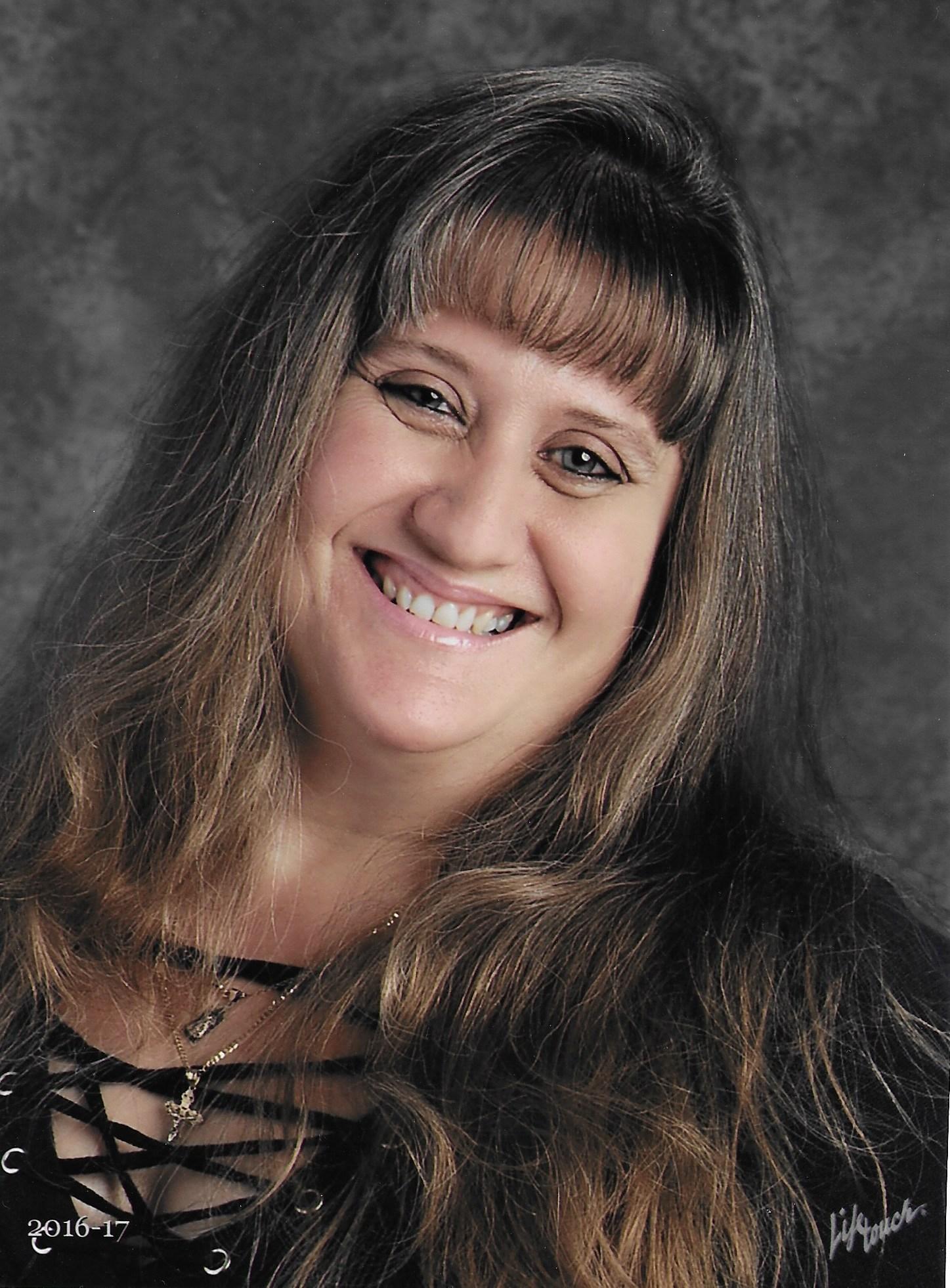

¡¡Ring!!!!, ¡¡¡Ring!!!, “¡Soy yo!” y acto seguido besaba la mejilla de padre, quien me estaba esperando con el café a punto de colar cada vez que salía del trabajo. Las noticias del día, la familia, risas, el niño, el amado, planes, comentarios… un beso, y seguía para mi casa.

¡¡¡Ring, ring, ring, ring!!!, “¿Papi? Ya llegué … ¿Papi…?” La puerta se abrió lentamente. Con ojos asustados me mira, otra mirada … duda, olvida el café diario y me advierte de la pandemia que se avecina. Se pueden ver los cintillos de las noticias girando como torbellinos alrededor de su cabeza: covid, China, murciélago, pandemia, incertidumbre, terror…
“Aislarse, cuidarse” repetía incansablemente.
—Ring, ring, ring. La puerta se abre. “¿Cómo estás, papi?”, “Hola, papi, ¿cómo estás? Ya llegué de la escuela”. Un beso, el silencio. “¿Tomó sus pastillas?” “¿Quieres un poquito de café?” pregunta mi tía.
Adnaloy Fierro was born in Cuba, where she graduated as a teacher at the Higher Pedagogical Institute. Now she is a student at New Jersey City University and she works as a kindergarten teacher in the West New York School District, where she enjoys contributing to the education, teaching, and development of children.


Al salir de mi país, de nadie me despedí.
Sentimientos encontrados pesaban sobre mí. Amor, tristeza, nostalgia, añoranza.
Recuerdos donde tú siempre estabas.
De nadie me despedí, pero venía acompañada de ti.
Acompañada de tu dulzura y de tu olor, Acompañada de tus caricias y de tus besos, Acompañada de tus abrazos, Acompañada de tus regaños.
¡Y sí! ¡Llegaste conmigo aquí!
Llegaste conmigo a este nuevo mundo desconocido para mí. Porque sabes, mi querida abuela, ¡estar sin ti es estar sin mí!

Ernestina Vargas was born in Lima, Peru, into a Quechua-speaking indigenous family. Growing up in very humble conditions has taught her that hard work and persistence are the only way to reach her goals. Currently, she is a student at NJCU in the Spanish and Latin American Studies programs. She enjoys reading and writing in her spare time.


Durante toda mi niñez, cuando yo salía para la escuela, mi abuelita, indígena peruana, me despedía por las mañanas diciéndome: “Ama sua, ama quella, ama llulla.” Ese lenguaje no era extraño para mí porque lo escuchaba todos los días en conversaciones entre mi abuelita, mi mamá y mi hermana mayor. Yo estaba familiarizada con el idioma, aunque no entendía mucho de lo que se trataba. Un día le pregunté a mi abuelita: “¿Por qué me dices siempre lo mismo, si yo no te entiendo?” La respuesta que ella me dio la voy a compartir hoy con ustedes porque me marcó para siempre, ya que empecé a entender que yo pertenecía a una familia “diferente” y muchos años después tomaron sentido mientras estudiaba los cursos ofrecidos en el programa de lengua española.
Intrigada porque no entendía las palabras que mi abuelita me repetía cada mañana, le lancé la pregunta y ella me contestó: “En el pueblo donde yo nací hablamos quechua y los mayores les enseñan a los niños una lección para toda su vida con estas palabras que aprendimos de los antiguos. Cuando te vas a la escuela por la mañana y te digo amasua, te estoy diciendo que no seas ladrona, que tienes que respetar las cosas de los demás; amaquellaquiere decir que no seas ociosa, si vas a estudiar tienes que hacerlo lo mejor que puedas, esforzándote mucho y haciendo tus tareas a tiempo; amallulla quiere decir no seas mentirosa, no importa lo que pase siempre tienes que decir la verdad. En esos tres consejos está el secreto del éxito en la vida.” Yo me quedé con estas enseñanzas en el corazón y traté de ponerlas siempre en práctica.
Mientras iba creciendo, me fui dando cuenta de que no todas las familias de los niños de la escuela hablaban quechua. Notaba que los niños de piel más blanca se burlaban de los niños de piel más cobriza porque usualmente ellos tenían acento al hablar, lo que es llamado “mote,” haciendo alusión al maíz que se usa en la zona andina como alimento principal, y les gritaban “cholo motoso,” “cholo bruto.” Entonces fui entendiendo por qué ni mi abuelita ni mi mamá nunca quisieron que yo aprendiera el
quechua; “no es bueno para ti,” me decía mi abuelita cuando yo intentaba decirle algo en quechua. Ellas no querían que mi castellano se “echara a perder”; esa fue la razón por la cual yo nunca aprendí ese lindo idioma y tristemente no se lo pude enseñar a mis hijos, excepto algunas palabras sueltas y frases cortas.
Después, cuando fui a la universidad, al estudiar la historia del Perú no romantizada, entendí mejor por qué mi madre y mi abuelita creían que yo no debía presentarme como descendiente de indígenas. Aprendí que dentro de mi propio país estábamos divididos por el color de piel, que los nativos eran discriminados y que se dedicaban a labores menores, porque no tenían acceso a la educación: eran obreros, albañiles, jardineros, las empleadas domésticas eran llamadas “sirvientas” y se les pagaba un sueldo por debajo de la canasta básica. Muchos años después emigré a este país en

donde, a través de los cursos de historia y literatura entre otros, he descubierto que las diferencias por el color de la piel que existen en el Perú y toda Latinoamérica también están presentes aquí en los Estados Unidos.
Para concluir, quiero decirles que todas esas diferencias me hicieron más fuerte. En el transcurso de mi vida aprendí a identificarme con mis raíces indígenas, pero nunca desprecié la sociedad que nos quedó como herencia de esa fusión con Europa a través de la Conquista. Les he enseñado a mis hijos que es importante conocer nuestras raíces para producir cambios positivos que beneficien a nuestra comunidad latinoamericana en este país. Les repito el legado que me dejó mi abuelita: “Ama sua, ama quella, ama llulla.” Ese era el saludo de los incas y, como mi abuelita bien me dijo, gracias a esos consejos he conseguido mis metas en la vida.

Emilio Angulo Perkins was born in Colima, Mexico. Emilio is a mathematician and currently a postdoctoral fellow at New Jersey City University. He believes another world is possible.


No soy ni estridencia en cuarto oscuro con roja luminiscencia
Ni esférico entre triple bastos ni tinta sobre cadáveres miles, de árbol Ni virtual acmé de fulguroso cuadrilátero ni papel con poder
No soy árbol con semillas ni cabeza nómada en fin, soy nada.
Epílogo: Definido en complemento prístina es la farsa del linyera sortilegio Somos otredad que hermana.


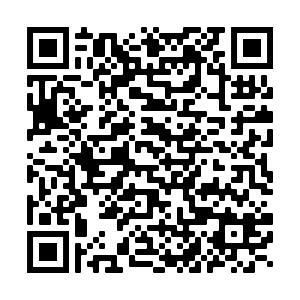



W o r l d L a n g u a g e s & C u l t u r e s